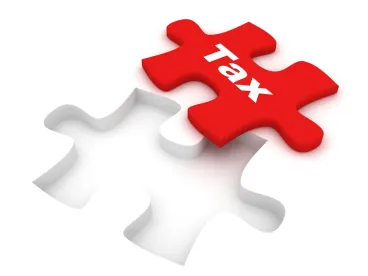The IRS Whistleblower Office has recently released Publication 5251 – The Whistleblower Claim Process. The new publication provides general guidance on the tax whistleblower program and clarity on the types of information whistleblowers should provide to the office. In addition, the publication explores what happens to claims after the IRS receives them, communication with the IRS after a submission, and a process timeline for claims.
Eligibility for Tax Whistleblower Reward
Under the new tax whistleblower statute, the IRS is required to issue a reward to tax whistleblowers of 15 to 30% of proceeds from tax fraud or tax underpayments if:
- the whistleblower provides specific and credible information that the IRS decides to take action on (a whistleblower cannot force the IRS to act on a tip);
- the information relates to tax underpayments of over $2 million (or if the subject of the claim is an individual, his or her gross income must exceed $200,000 for at least one of the tax years in question); and
- the IRS collects tax underpayments resulting from the action (including any related actions).
In the publication, the IRS outlines the types of “specific and credible” information that whistleblowers should provide when submitting a tip. This includes:
- A description of the amounts due, including a written narrative explaining the issue(s);
- Information to support the narrative;
- A description of the documents or supporting evidence not in the whistleblower’s possession or control; and
- An explanation of how the whistleblower obtained the information and if there is any relationship to the subject of the claim.
It is important for tax whistleblowers to provide the best information available as it may support the increase of a reward percentage (among other factors). In 2015, the IRS paid more than $103 million to whistleblowers.
Submitting a Whistleblower Tip to the IRS
Once a whistleblower submits a tip, the Whistleblower Office will determine if it has merit, and then forward the tip to the appropriate operating division for further development. The publication notes this initial review generally takes 30-90 days and the Subject Matter Experts (SME) examination will take an additional 90 days. During the SME’s examination, the whistleblower may be contacted to make sure that the IRS fully understands the information submitted by the whistleblower.
Thereafter, if the IRS does not pursue the claim, the agency will send the whistleblower a claim denial letter. Alternatively, if the IRS decides to pursue the claim, whistleblowers will only be notified that their claim is “open”. The IRS is unable to provide whistleblower with more detail because Section 6103 of the Internal Revenue Code “requires the IRS to keep taxpayer returns and return information confidential.” As such, the communications between tax whistleblowers and the IRS are very limited.
It is important to note that there is an exception to Section 6103 for whistleblowers’ administrative or judicial proceedings pertaining to the tax administration. As detailed in the publication, the start of whistleblowers’ administrative proceeding occurs when a payment is made to the IRS and the agency issues a Preliminary Award Recommendation Letter. This administrative proceeding may occur any time from between 2 to 14 years after a submission. According to the 2015 IRS Whistleblower Program’s Annual Report, the average claim under the new tax whistleblower statute took 6 years.



 />i
/>i
